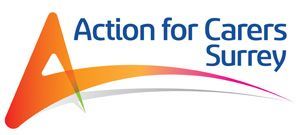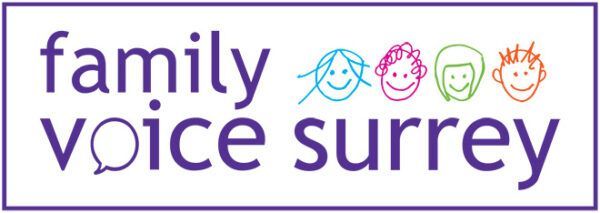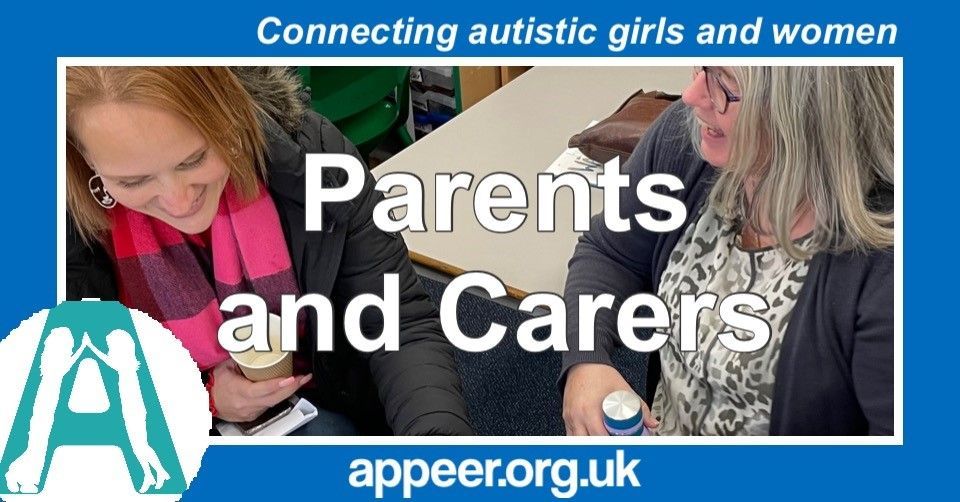We offer peer support, advice and signposting
TOP TIPS FOR PARENTS AND CARERS
Support you can access now
- Register at your GP as a carer - this will entitle you to the flu jab and Covid vaccine earlier than the rest of the population. You will also be on your doctor’s radar should you experience any mental health problems due to your caring role.
- Carers Short Breaks - apply through your GP for this grant, which you can usually use towards a break or counselling or similar, to help you cope. Also see GP Carers Fund. Amounts and availability can vary.
- Disability Living Allowance (DLA) for under 16 year olds or Personal Independence Payments (PIP) for over 16 year olds. The Citizens Advice Bureau or Action for Carers are often happy to help you fill the form out and may have a better success rate than parents doing it alone. Turn2Us also have helpful tips online about completing the form. You may also be entitled to Carers Allowance.
- Pegasus Card. This scheme is for people who find it hard to communicate with others – Surrey Police keep your preregistered information safe on their computer so they can access it quickly. Register your daughter – the police will know how to help her if she is lost or caught up in a difficult situation. https://www.surrey.police.uk/contact/af/contact-us/us/contact-us/sspegasus-scheme/pegasus-card-scheme/
Useful basic strategies
As parents and carers, we have to be creative and innovative in the way we support our autistic daughters. Here are some simple strategies which we can use to ease our daughters’ anxiety and thus make our lives, and theirs, calmer.
- When and then - When you have got dressed then you can have a snack/walk/more time on the Switch. It assumes they are going to do what you have asked – try swapping asking them to do something for just assuming they are going to do it. E.g., When you have your shoes on then you can have your tablet back/When you have finished this game then you can have one of these delicious donuts I just bought! And so on…
- Thank you vs well done – Claire Truman, an expert on PDA, suggests treating your daughter like your mother-inlaw. If your mother-in-law sets the table or empties the dishwasher you would say “Thank you” not “Well done Doris, that’s amazing work!”. By saying well done we set an element of expectation for our daughters, and they might find the pressure too great. Even their own expectations of themselves are overwhelming. They know they should clean their teeth every day, they want to, but the pressure of the demand might just be too great. Examples are “Thank you for getting dressed, that’s really helped me because I am pushed for time today,” “I noticed you fed the cat earlier – thank you so much – it totally slipped my mind.”
- End time – an end time is very important. It’s just as important as the start time. E.g., “We are going to Grandma’s – leaving at 10am – and then we will leave her house no later than 6pm.” STICK TO THE END TIME – even if you have just started eating. You will need to explain to family or friends that this is how you have to operate to ensure your daughter isn’t distressed.






